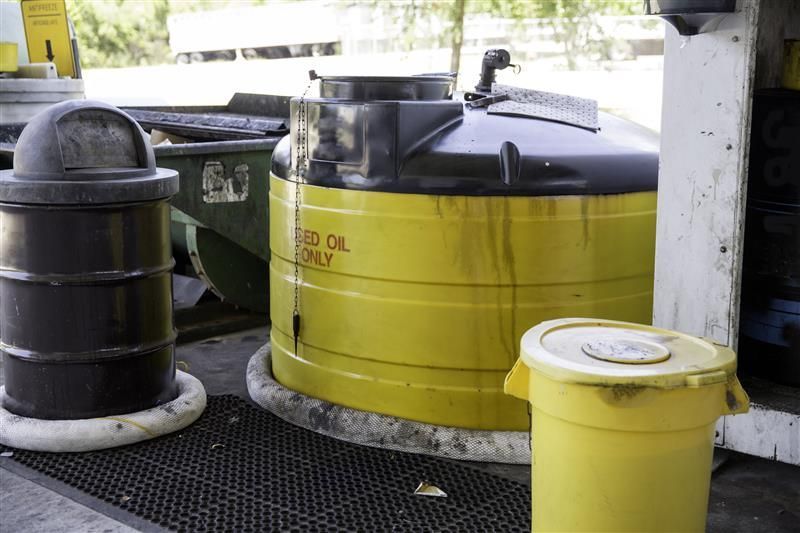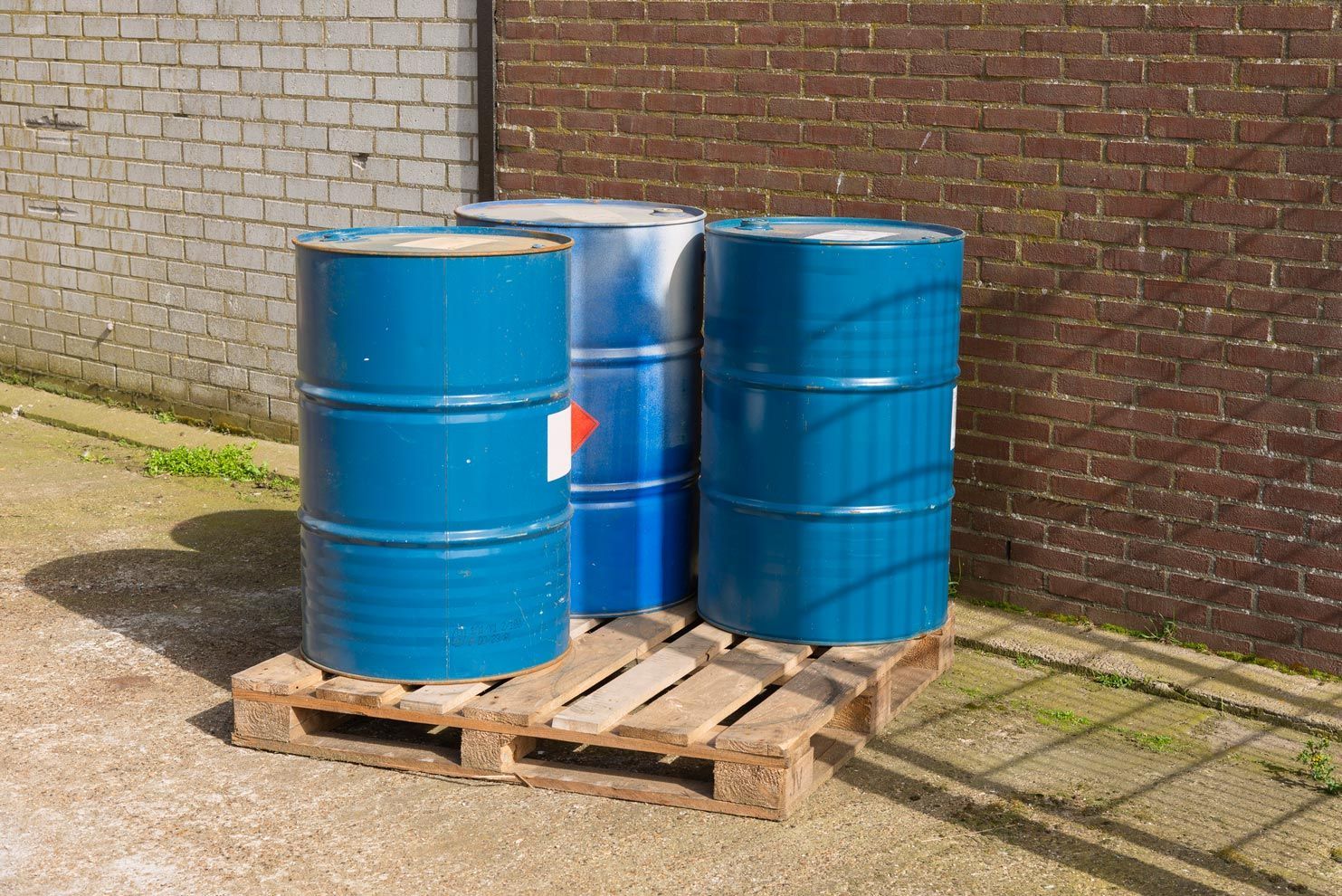What Determines the Value of Used Oil? | Denver Oil

Type and Condition of Your Used Oil
Oil can't be discarded in the same ways traditional waste from other industries can be. Lube shops and other industries have specific regulations and laws that they must follow when it comes to oil recycling. However, some used oils have a higher initial value than others prior to re-refinery. The lighter and cleaner the used or waste oil, the greater its worth because it takes less time and effort to clean and refine.
Oils that have been scorched, carbonized, are in hard-to-collect locations, or contain a higher amount of contaminants - sludge, particles, solids, and chemical by-products - will have a slightly lesser value due to the amount of work that needs to be put into it.
Market Factors
The current oil market is one of the biggest factors determining the value of used oil. While used oil is good for the environment and can be just as efficient as new or crude oil, if the price of crude oil is cheap, then used oil won't have as much value because it still costs the same to recycle it.
However, this also means that the opposite is true. When the price of crude oil increases, recycled oil can be an affordable option for many and lube shops can count on the sale of recycled oil as a reliable source of income.
Additionally, the international price for virgin base oils will determine the price that re-refined base oil can be sold for. Re-refineries recycle and manufacture their used oil at a fixed cost and if the cost of virgin oil drops, then re-refineries will likely drop their purchase price as well.
Supply and Demand
Oil has been a highly sought after commodity since the 1800s, for everything from motor vehicles to heating. And that demand isn't likely to significantly change any time soon. With a high demand for oil, there will also continue to be a demand for used oil, which will ensure it has value in the marketplace.
Supply and demand also heavily influence the value of used oil. The greater the demand for used oil, the more value it has and the more the price will increase. As oil becomes more accessible and the demand goes down, the price also decreases.
However, it's important to note that oil prices also depend on the oil futures market regardless of supply and demand. The oil futures market allows oil buyers and sellers to set up binding contracts for oil purchases in the future at a predefined price and on a specific date. For example, a large trucking fleet could purchase oil futures at the current oil price to protect themselves against rising prices in the future.
If your industry has an abundance of used oil, contact Denver Oil to learn about our oil pickup and recycling services. We'll make sure your oil is carefully taken care of, which in turn will protect the environment for future generations.










